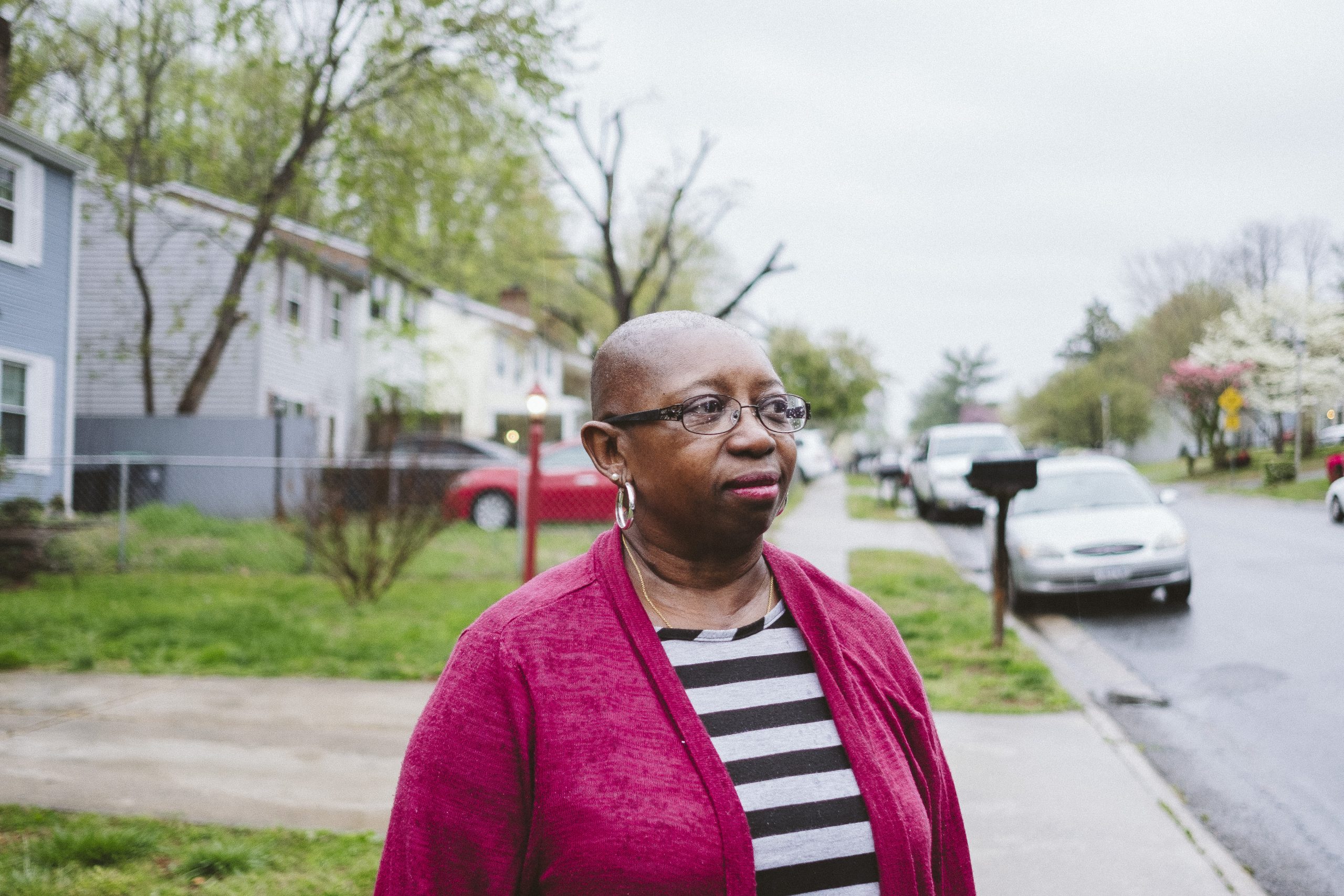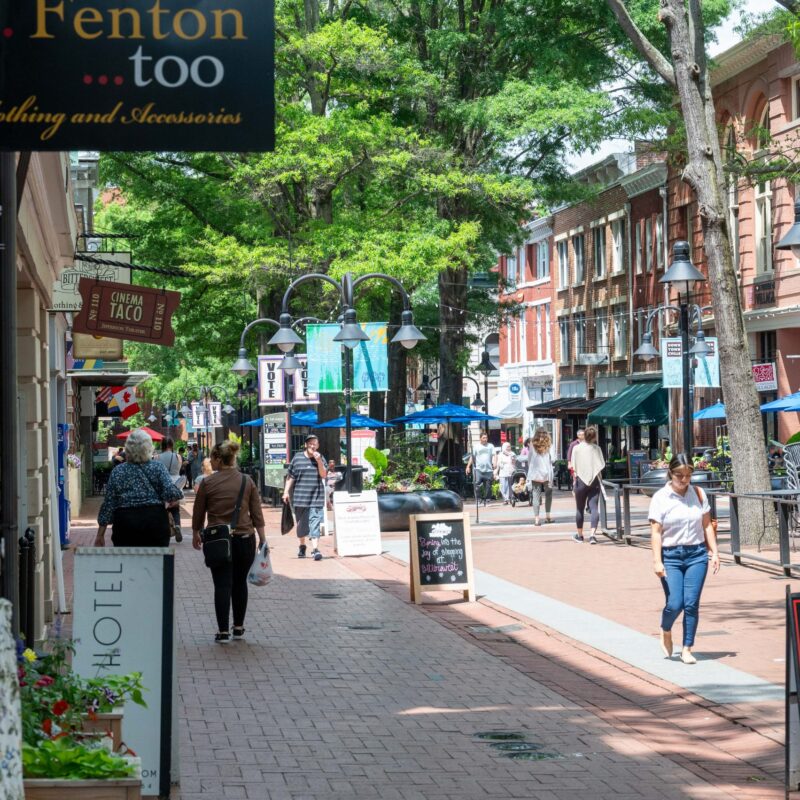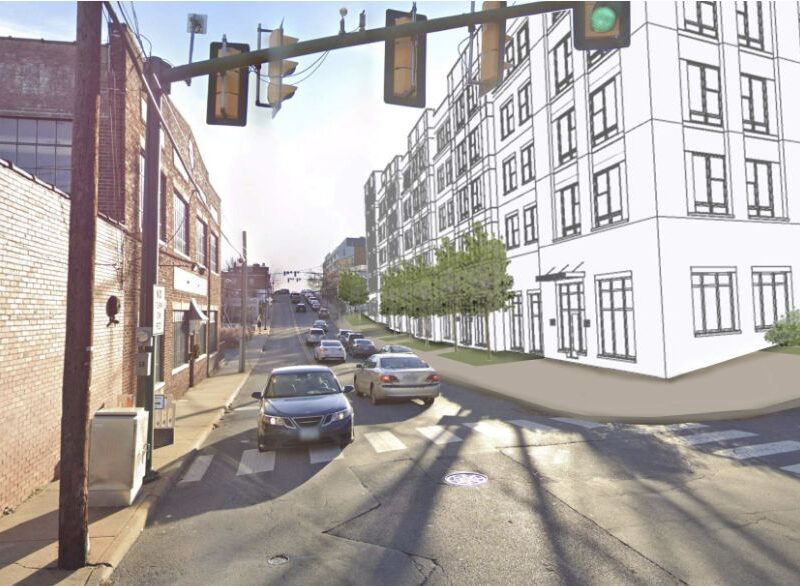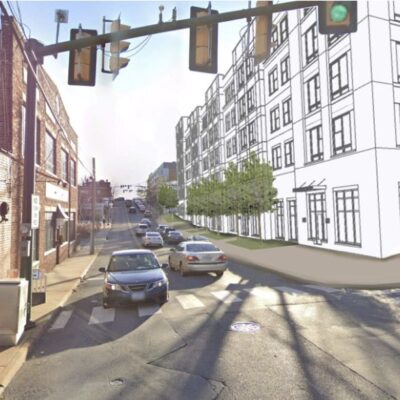The Charlottesville Planning Commission has until mid-November to hold a public hearing on new rules for development within the city’s 10 square miles. Council was expected to vote August 7 to officially refer the new zoning ordinance to the appointed body for a recommendation, even though no one but staff and consultants have seen the final version.
The city embarked on a thorough update of its building policies in early 2020 as part of the Cville Plans Together initiative. So far that’s included adoption of a new Affordable Housing Plan as well as a Comprehensive Plan that calls for more residential density to support more opportunities for affordable housing.
The components of the zoning code have been released in three modules. The first increased development rights for all single-family residential lots, though councilors indicated support for reducing the maximum number possible. The final details won’t be ready until the new draft is finished, sometime this month.
The staff report for the August 7 vote states, “there has been extensive community engagement over the entire time period of the Cville Plans Together process as well as specifically in relation to the Zoning Ordinance.”
One neighborhood leader says the recent outcry about the third phase of the Dairy Market development on Preston Avenue is a sign that the city hasn’t done enough to explain the overall vision for a more dense Charlottesville.
“What is proposed there is something the current draft zoning ordinance would allow to happen by right,” says Kellytown Neighborhood Association’s Len Schoppa. “In my own neighborhood of Kellytown, there is support for ending [single family residential] R-1 and allowing more ADU’s [accessory dwelling units] and townhouses, but all of the engagement has yet to hear residents in this area say they want 12-story apartment buildings on single-family lots.”
Schoppa says he is also concerned about the city’s ability to handle the additional traffic that will come with more density. The current draft proposal under review has called for no parking requirements for new development.
The first year and a half of the Cville Plans Together initiative took place during the era of virtual meetings. Becky Calvert of the Greenbrier Neighborhood says many people didn’t pay attention until recently.
“I think there’s been engagement, but how much of that was the city and how much was just neighbors in an uproar over any changes is easily debated,” Calvert says.
Much of the purpose of Charlottesville’s land-use reform is to increase opportunities for wealth building and to ensure equity. The president of the Fifeville Neighborhood Association says she’s not sure if the city has fully hit the mark.
“I am sure a lot of community engagement has been done, but not sure that it has reached a majority of minority folks,” says Carmelita Wood. “Also there are a lot of elders who do not have internet or are handicapped and not able to get out to the events, so those voices are not heard.”






